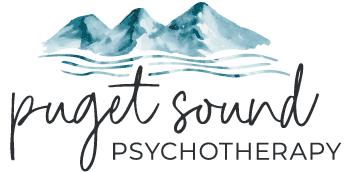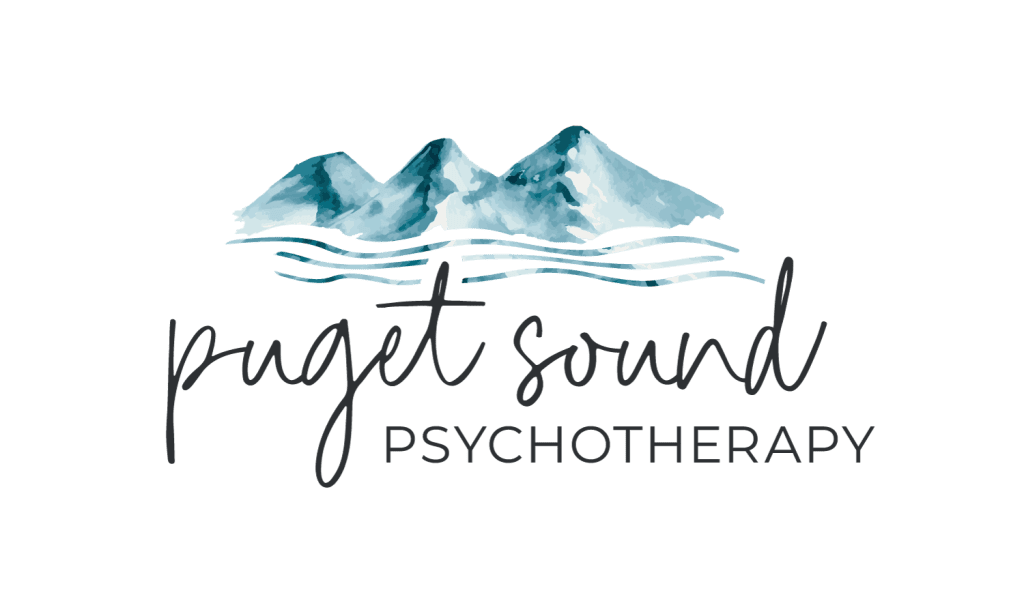Psychiatric Medication Management
Psychiatric medication management is a critical component of mental health treatment, involving a personalized approach tailored to each patient's needs. It typically begins with a comprehensive psychiatric assessment conducted by a qualified professional to gather information about medical history, symptoms, and previous medication experiences. Based on this assessment and the DSM criteria, a diagnosis is made to guide medication selection, considering factors like symptom severity and patient preferences.
Once medication is initiated, ongoing monitoring and follow-up are essential. Regular appointments allow for assessment of treatment response, monitoring for side effects, and adjusting the regimen as needed. Patient feedback during these appointments is vital for refining the treatment plan and ensuring it remains effective.
The decision to pursue medication is ultimately up to the patient, and a trial period allows observation of its effectiveness. Finding the right medication often involves a trial-and-error process due to individual responses and potential side effects. The Psychiatric Nurse Practitioner carefully monitors all components of treatment to ensure the best outcome.
Medication can effectively treat various mental health conditions, including anxiety, depression, bipolar disorder, sleep problems, and ADHD, by influencing neuroreceptor balances in the brain. It can also enhance the effectiveness of other therapeutic modalities by managing symptoms and improving focus.
While medication management services are valuable, they may not always be necessary, and some individuals may find therapy alone the first line treatment or sufficient for their goals. Nonetheless, when combined with appropriate mental health treatment, medication can be a powerful tool in promoting recovery and improving quality of life and mental wellbeing.
If you are not certain if medication is right for you or if you need psychotherapy, click here to learn the “What is the difference between psychiatry and psychotherapy“
Our Prescribers

Nicholas Boswell
Clients describe Nick as steady, adaptable, and insightful.
Nicholas's therapy style is curious, personalized and nuanced.

Geoffrey Fong
Geoffrey's clients describe him as attentive and dependable.
His approach is psychoeducational and empathetic.

Tim Richardson
Tim's clients describe him as a competent practicioner and listener.
Tim's approach is evidence-based, supportive, and safe.

Take our quick Self-Reflection Care Pathways Quiz!
Not sure where to start—therapy, psychiatry, or both? Take our quick Self-Reflection Care Pathways Quiz to find the support that fits you best. Start your journey today.

